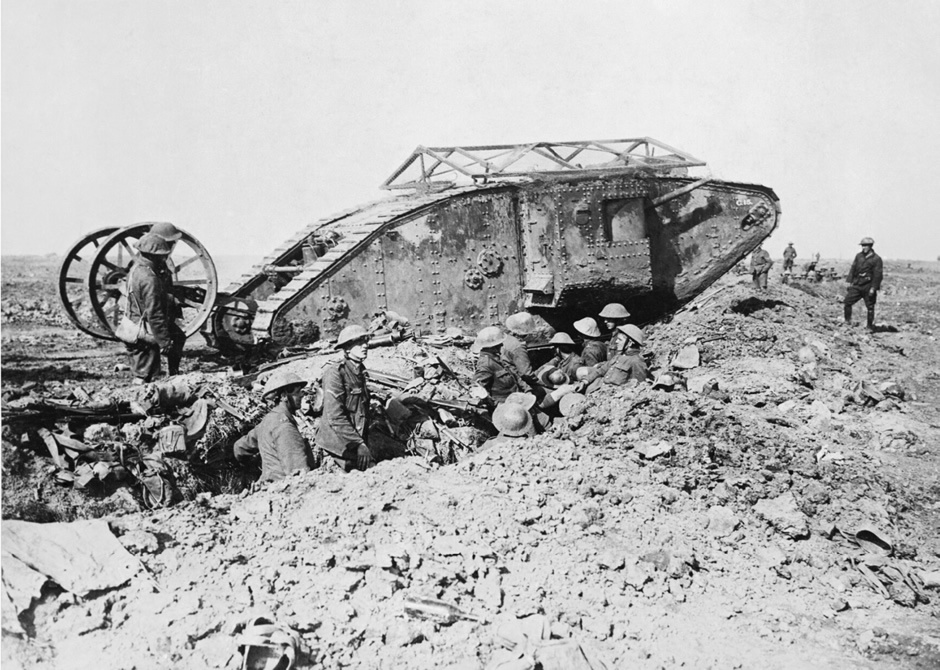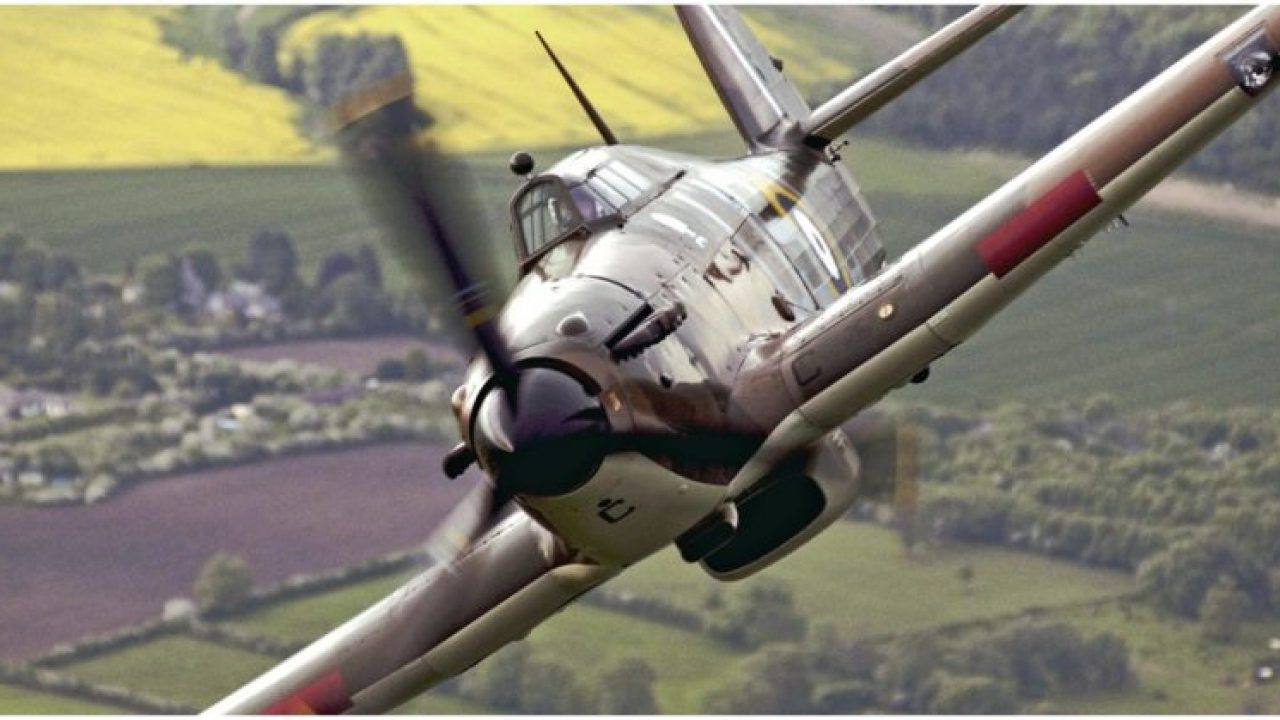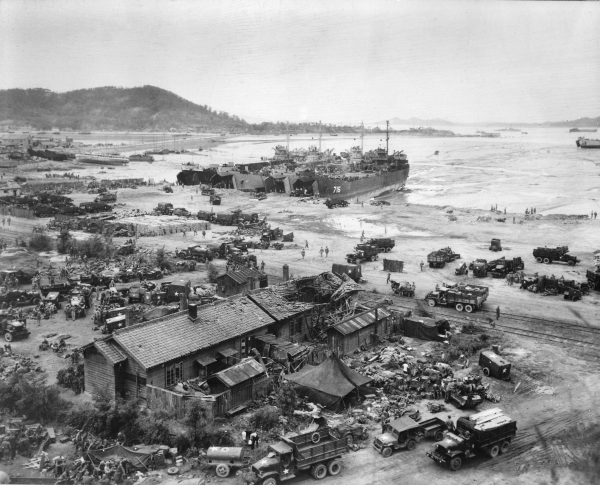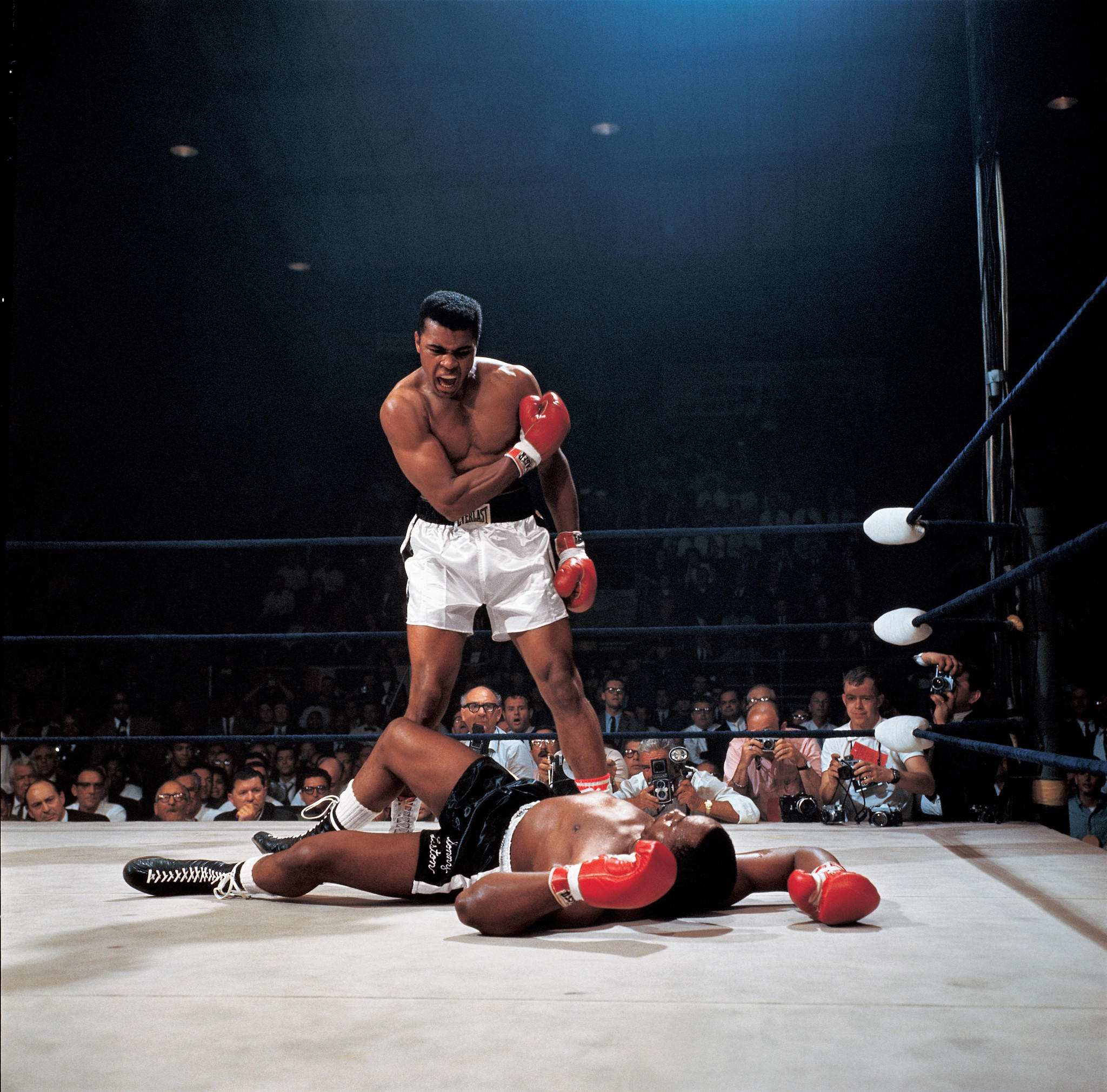Tanks introduced into warfare at the Somme
During the Battle of the Somme the British launch a major offensive against the Germans employing tanks for the first time in history.At Flers Courcelette some of the 40 or so primitive tanks advanced over a mile into enemy lines but were too slow to hold their positions during the German counterattack and subject to mechanical breakdown.However General Douglas Haig commander of Allied forces at the Somme saw the promise of this new instrument of war and ordered the war department to produce hundreds more.On July 1 the British launched a massive offensive against German forces in the Somme River region of France.
During the preceding week 250000 Allied shells had pounded German positions near the Somme and 100000 British soldiers poured out of their trenches and into no-mans-land on July 1 expecting to find the way cleared for them.However scores of heavy German machine guns had survived the artillery onslaught and the infantry were massacred.By the end of the day 20000 British soldiers were dead and 40000 wounded.
It was the single heaviest day of casualties in British military history.After the initial disaster Haig resigned himself to smaller but equally ineffectual advances and more than 1000 Allied lives were extinguished for every 100 yards gained on the Germans.Even Britains September 15 introduction of tanks into warfare for the first time in history failed to break the deadlock in the Battle of the Somme.In October heavy rains turned the battlefield into a sea of mud and on November 18 Haig called off the Somme offensive after more than four months of mass slaughter.Except for its effect of diverting German troops from the Battle of Verdun the offensive was a miserable disaster.
It amounted to a total advance of just five miles for the Allies with more than 600000 British and French soldiers killed wounded or missing in action.German casualties were more than 650000.Although Haig was severely criticized for the costly battle his willingness to commit massive amounts of men and resources to the stalemate along the western front did eventually contribute to the collapse of an exhausted Germany in 1918.






